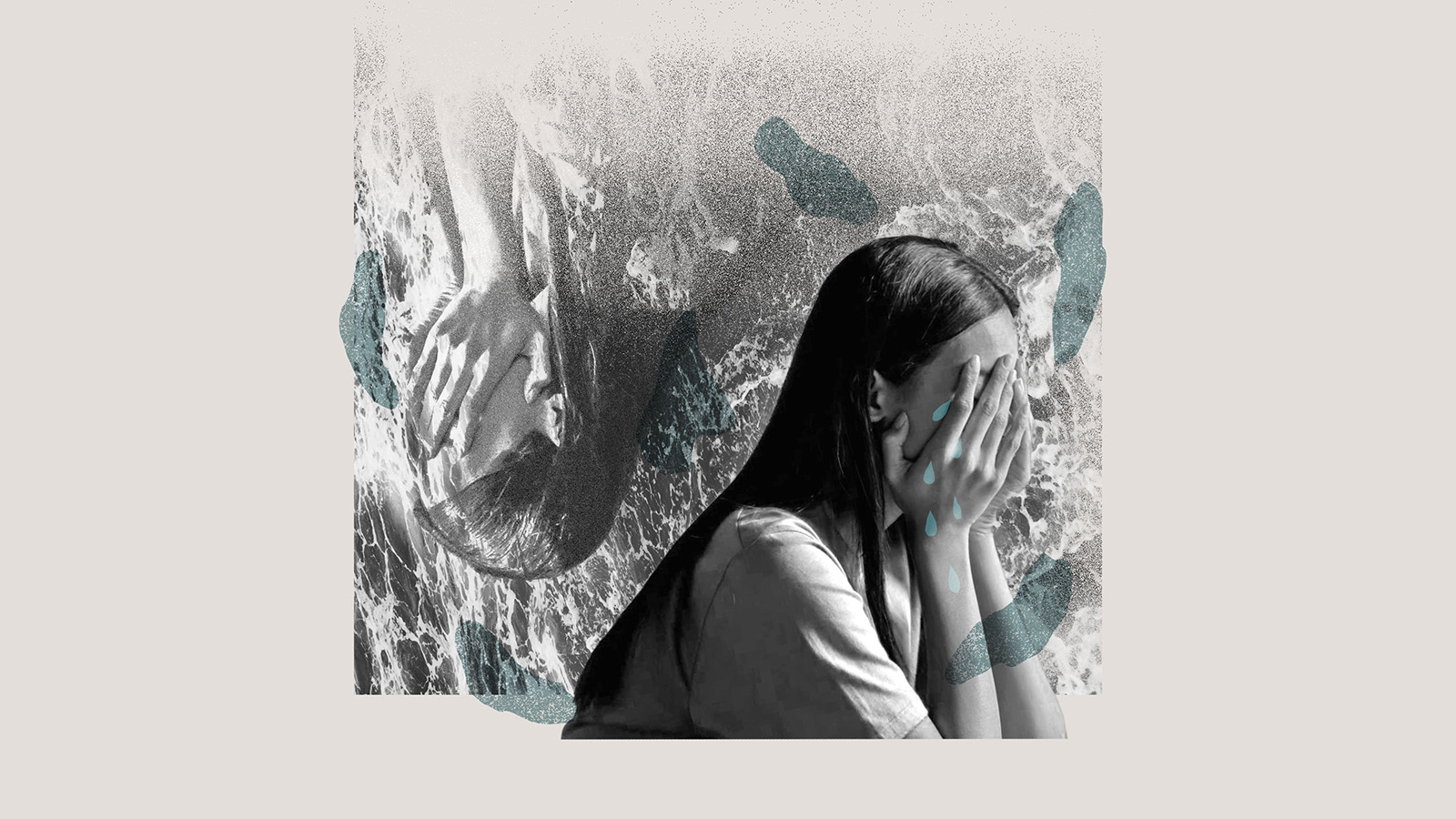This story is part of the Grist arts and culture series Moral Hazards , a weeklong exploration of the complex — sometimes contradictory — factors that drive our ethical decision-making in the age of global warming. In May 2014, Kate Schapira carted a little table with a hand-painted sign out to a park near her home in Providence, Rhode Island, and started listening to strangers’ problems. The sign read “Climate Anxiety Counseling Booth,” referencing an emotion that was relatively unknown, or at least seldom named, at the time.
As an English professor, she had no psychological training, no climate science background. She could not offer expertise, simply an ear and a venue for people to unload worries. And people came, tentatively but earnestly, as she brought the table out roughly 30 times over the rest of the summer.
Those who approached unloaded a variety of concerns — some directly related to climate change, all compounded by it. A man divulged his guilt over not being able to pay for air conditioning to keep his disabled son comfortable at home. A young woman complained that her roommate used so many plastic bottles “she had her own gyre in the ocean,” referring to the Great Pacific Garbage Patch.
A former student described his fear of a future in which “everything’s melted and burnt.” Schapira never intended the booth to be a permanent fixture in her life; she did it the first time, she explains now, as a way to lift herself out of a fog — to hear.


















